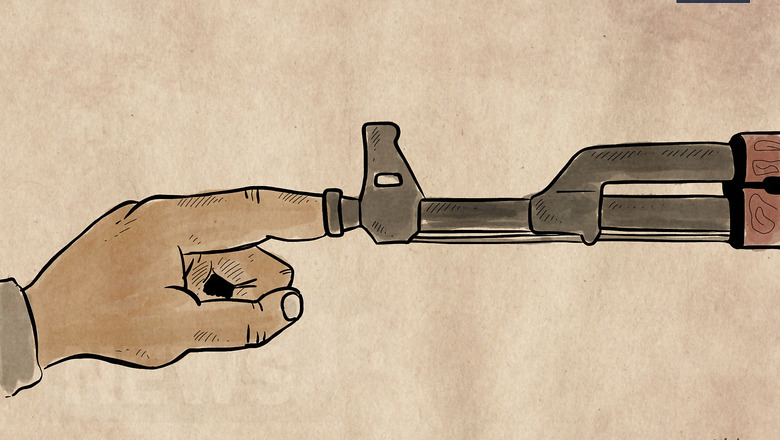
views
New Delhi: Under fire for frequent civilian killings, gunfights with militants and the prevailing volatile situation in the Valley, mainstream political parties in Jammu and Kashmir decided to urge New Delhi to announce a unilateral ceasefire during the holy month of Ramzaan and the upcoming annual Amarnath pilgrimage.
Ramzaan begins next week and the Amarnath pilgrimage is scheduled between June 28 and August 26.
The decision was taken during an all-party meeting in which J&K Chief Minister Mehbooba Mufti said that the parties unanimously agreed to a unilateral ceasefire.
“Everyone [all mainstream parties] agreed that we must appeal Government of India that they should consider a unilateral ceasefire like Vajpayee ji did in 2000. The government of India should think about it so that common man can heave a sigh of relief,” Mehbooba Mufti told reporters on Wednesday.
The decision to implement such a ceasefire is second in the troubled history of Jammu and Kashmir. In November 2000, then Prime Minister Atal Bihari Vajaypee had declared a unilateral ceasefire in Kashmir for the holy month of Ramzaan. The ceasefire was then extended for five more months before finally ending it on May 23, 2001.
The announcement had followed a unilateral ceasefire by militant group Hizb-ul-Mujahideen in July 2000 that resulted in failed talks with then Union Home Secretary Kamal Pande. The militant outfit withdrew its truce within two weeks after the Government of India refused to accept its demand, mainly the inclusion of Pakistan in talks on Kashmir.
However, in the backdrop of a simmering tension in Kashmir and after the failure of an already tried ceasefire in 2000, will this attempt bear any fruits?
Senior Peoples Democratic Party (PDP) leader and party's Chief Spokesperson, Dr Mehboob Beg says that ceasefire is the only way out in the current situation.
Speaking to News18, Beg said, “Government of India has to find a way to end the crisis in Kashmir and the idea of a ceasefire during Ramzaan could be a positive step. We have already seen a lot of bloodshed in the last three years. This should end now. I am worried more people will die if a ceasefire isn’t implemented.”
Beg’s worries aren’t far-fetched. According to official figures, government forces have killed at least 69 militants in Kashmir since January this year, 220 in 2017, and 150 in 2016. A majority of them have been locals, mostly from South Kashmir – the epicenter of militancy in the Valley. This means that in last 30 months, more than 440 militants have been killed in Kashmir.
According to independent human rights organisations, at least 145 civilians in 2016, 51 in 2017, and 39 more since January this year were killed during different civilian protests and anti-militancy operations.
Senior National Conference leader Ali Muhammad Sagar believes that both Central and state governments should take extraordinary measures for restoration of peace. One of his suggestions is that anti-militancy operations should be halted.
“The Government of India held talks with Hizbul Mujahideen during our tenure and it did work for a while. If you continue killing them in groups, how do you expect the situation to be peaceful?” Sagar asked.
Sagar also said that the crisis in Jammu and Kashmir is unprecedented and it deserves response at the same level. He said that India, Pakistan, Hurriyat leaders and armies from both the countries should talk to each other so that some relief is provided to the people of Jammu and Kashmir.
“Military response is not a solution. It’s not an option. We can’t continue to kill our own and shut the doors of peace,” Sagar said.
Sagar believes that bringing a halt to anti-militancy operations could also mean that the state and central government are sincere about bringing peace to Kashmir.
“Police and army have confessed that killing one militant yields ten militants. Then why are they not thinking about stopping these operations for a while? Talk to these youth who have picked guns,” Sagar said.
Yet, as the call for a ceasefire is gaining pace, security forces in Kashmir have said that they will continue with their operations against the militants and neutralise them any given day.
In an interview with Indian Express, Chief of Army Staff General Bipin Rawat hinted at continuing the Operation All Out against the militants. “Once a stone is thrown at us… once they fire at us, then there is no way we will not respond. We will respond sternly. Those who want to fight us, we will fight them,” said General Rawat.
So, how will a ceasefire work if militants and the security forces continue to go after each other?
“That’s the only option. How will you bring peace if you continue to kill Kashmiri youth?” Sheikh Abdul Rashid, Independent legislator from North Kashmir's Langate Assembly constituency, told News18. "Security forces should stop all operations against the militants," he added.
A repeat of ceasefire on the lines of the year 2000 would also mean bringing Hurriyat leaders on board and that seems a challenge for the mainstream parties and central leadership alike.
Hurriyat Conference (M) chairman Mirwaiz Umar Farooq questioned as to who is responsible for spilling the blood of Kashmiris and said that the all-party meeting on the idea of ceasefire is a “mere farce”.
“If these parties [mainstream parties] are really serious about the ceasefire, then all the force personnel responsible for the massacre of innocent youths should be brought to justice,” Mirwaiz said.
“The fact remains that these very parties are responsible for the death of our youth. They have never been sincere,” he added.
However, contrary to all the mainstream parties, who are in support of the ceasefire with militant groups in valley and the state of Pakistan, security forces in Kashmir don’t see the ceasefire materialising on the ground.
A senior cop, who is involved in major anti-militancy operations in Kashmir, said, “We will continue our operations against militants. Politicians expect us to sit in our offices and turn a blind eye to the law and order situation in the valley.”
His admission to the continuing of operations against militants ¬– locals and foreign alike – in the Valley has found resonance among other senior cops, too.
“I don’t know what politicians want out of this ceasefire. Ideally, we would also want the same. But things on ground are different. It’s their gun versus ours,” another senior cop told News18.










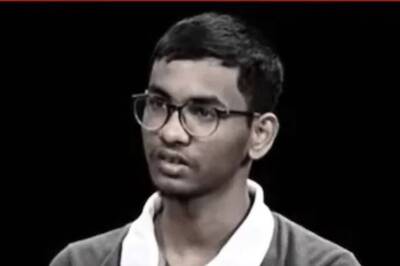

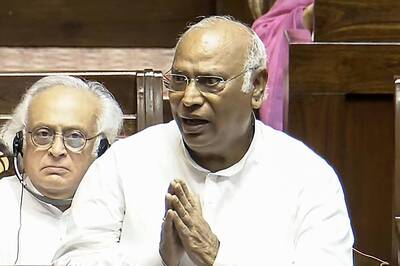
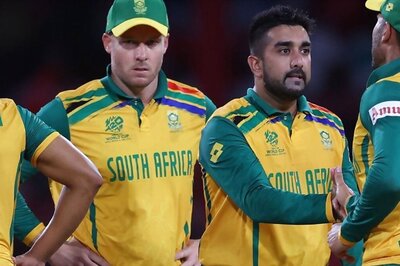
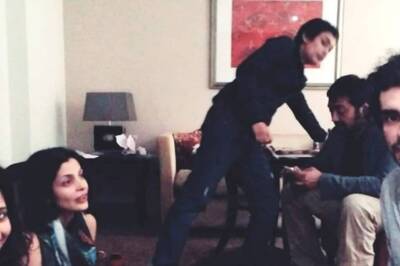




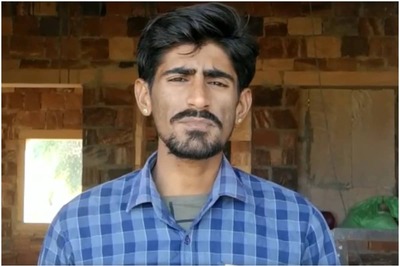
Comments
0 comment